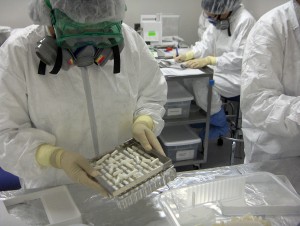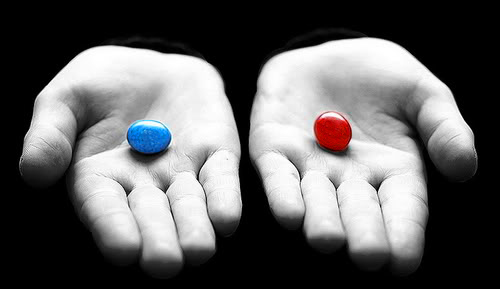What is a Clinical Trial?
Clinical trials are research studies that test how well the new medical approaches work in people. They test new drugs for relative safety and effectiveness in a very specific way.
The sponsor (usually a governmental health agency or a large pharmaceutical company) first designs the clinical trial (protocol) in coordination with the research team specializing in clinical trial design. The protocol selects the target population, details the methods that will conducted, and why each part is necessary.
 Then, the ethical committee evaluates the ethical side of performing the protocol – weighing the risks and potential benefits according to an international quality standard called Good Clinical Practice (GCP). If the committee accepts the protocol, the clinical trial may be performed.
Then, the ethical committee evaluates the ethical side of performing the protocol – weighing the risks and potential benefits according to an international quality standard called Good Clinical Practice (GCP). If the committee accepts the protocol, the clinical trial may be performed.
Next, the clinical investigators (usually doctors in a hospital) recruit eligible volunteers (specific demographic with a certain condition) and divide them into control and test groups. The test group receives the experimental treatment and the control does not (receives placebo or regular treatment).
They then administer the treatment under supervision, and collect the medical data (vital signs, blood/tissue drug concentrations, changes in symptoms, side effects, and outcome). After a predefined period, the trial ends, and the collected data sent to the sponsor, who then performs statistical analysis and reaches conclusions.
Developing a New Drug
Before a new drug can enter the market, it goes through a minimum of 4 phases (each a clinical trial with a different goal):
- pharmacodynamics and pharmacokinetics (absorption, distribution, metabolization, and excretion)
- safety screening (safety, dosages, identifying common side effects)
- efficacy vs. placebo (effectiveness and less common side effects)
- verification of safety and effectiveness on a large sample (1,000-3,000; comparison with other drugs, and collect additional safety information).

The numbers keep increasing, but 2013 Forbes analysis shows that big pharmaceutical companies pay about 5 billion USD per drug, and takes about 8 years. In addition, less than 10% pass the pre-clinical phase, and only about 20% pass all 4 phases needed to get on the market.
The golden standard is the double blind placebo controlled randomized clinical trial. The term randomized means that patients are assigned to control and test groups by chance. Double blind means that only the sponsor knows the truth – neither the clinical investigators nor patients know if they have received the experimental treatment or placebo. Placebo is a substance that has no physical activity against the disease, but may make certain individuals perceive (and very rarely actually cause) an improvement in a medical condition.
Due to ethical reasons, in many studies the control group receives regular treatment instead. This confuses the test results, requiring larger sample sizes (more people) to reach statistical significance. However, giving placebo means deceptively denying patients a drug that may help them. While arguably unethical, placebo clinical trials are still common during new drug development.

In clinical trials, you don’t make the choice.
Find out more with these (promotional) videos from Roche, a large multinational pharmaceutical company.
A 3.5 minute overview of Clinical trials.
A 15.5 minute overview of the typical drug development process.
